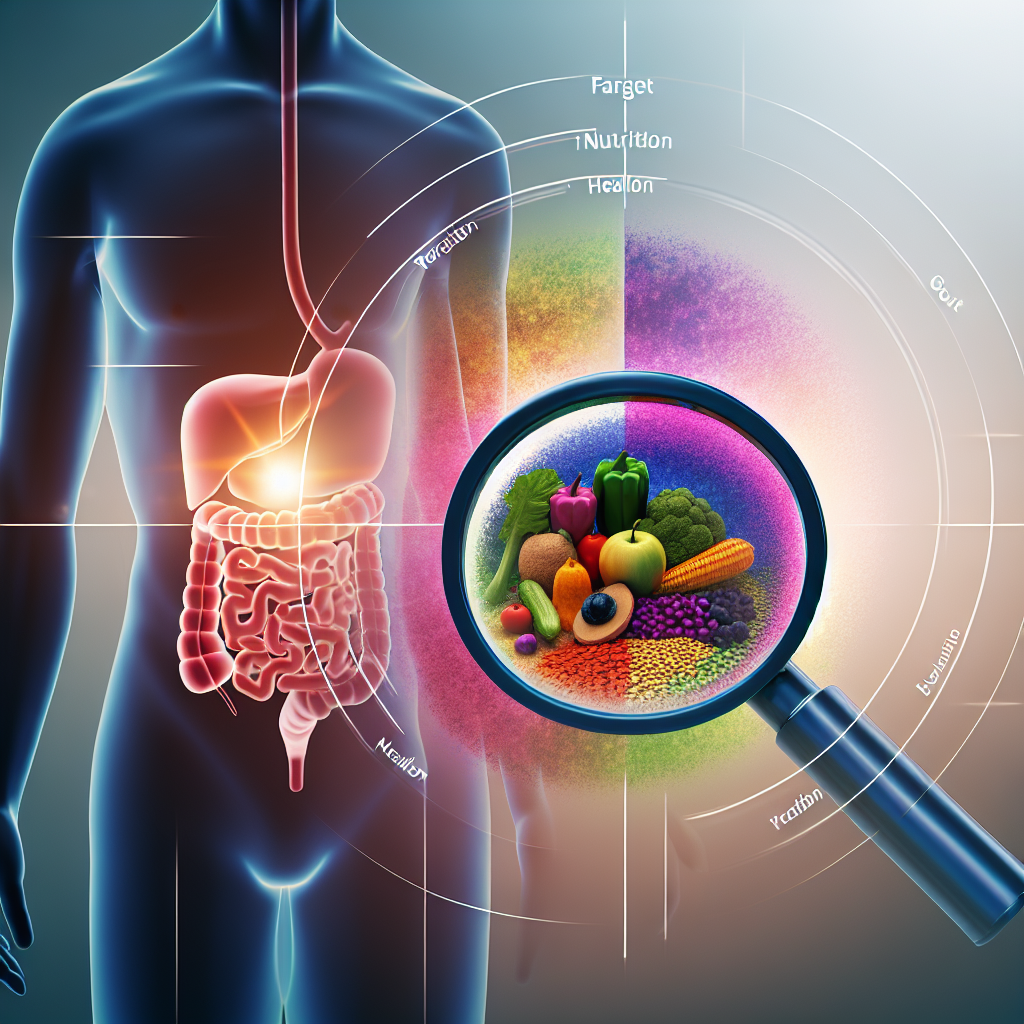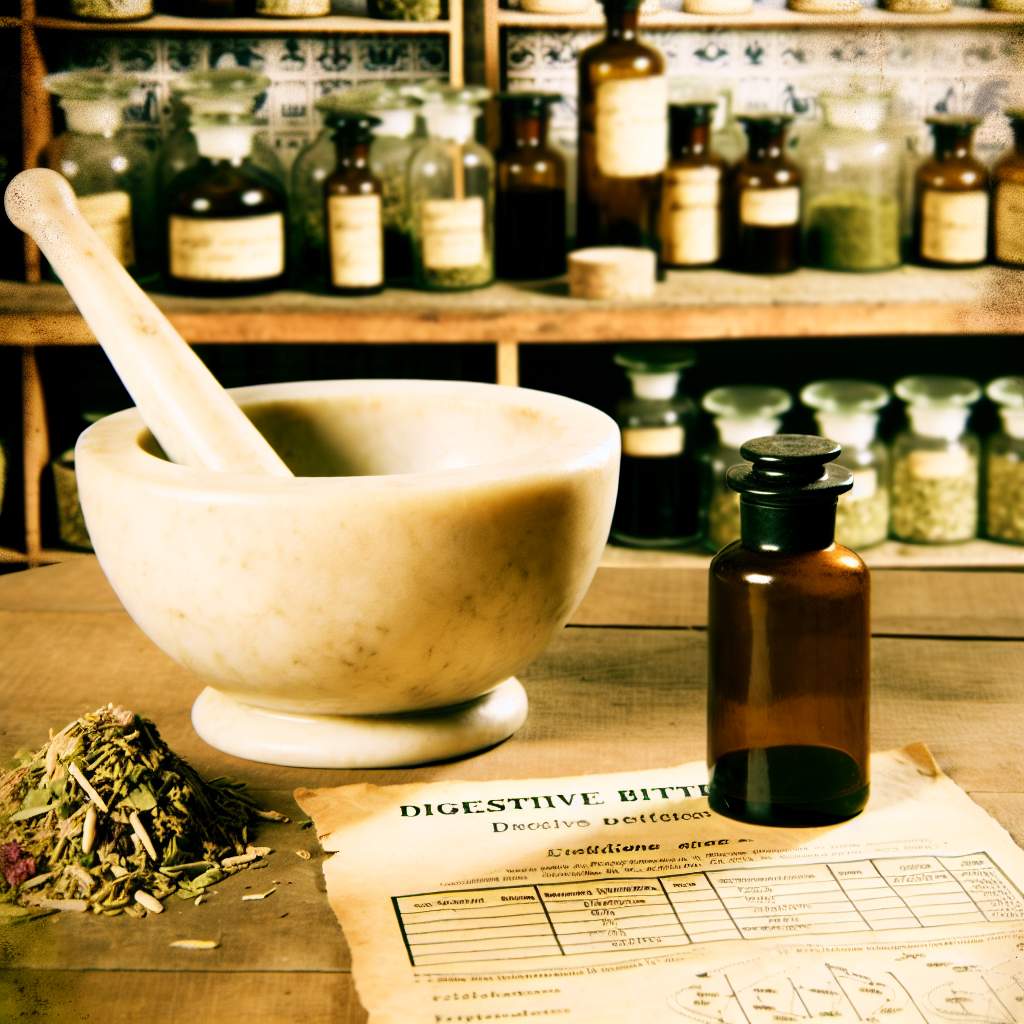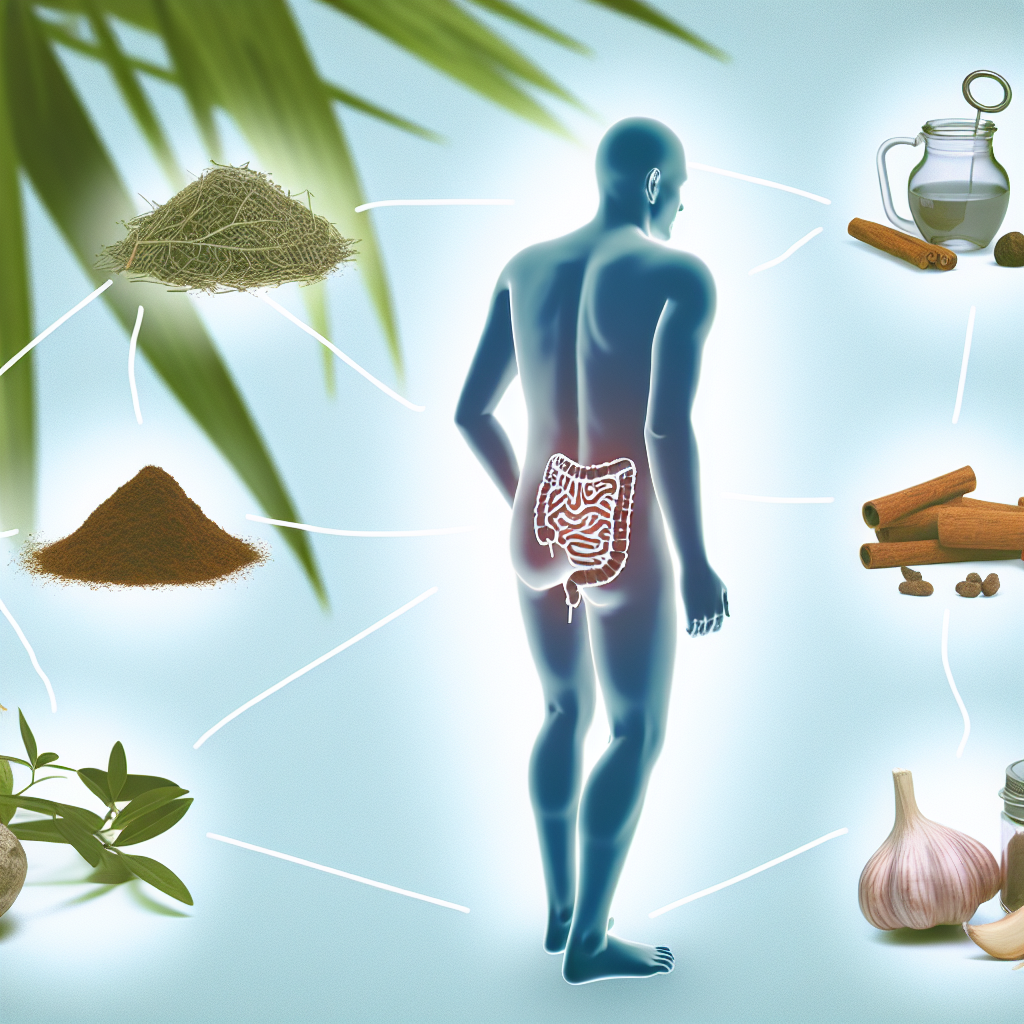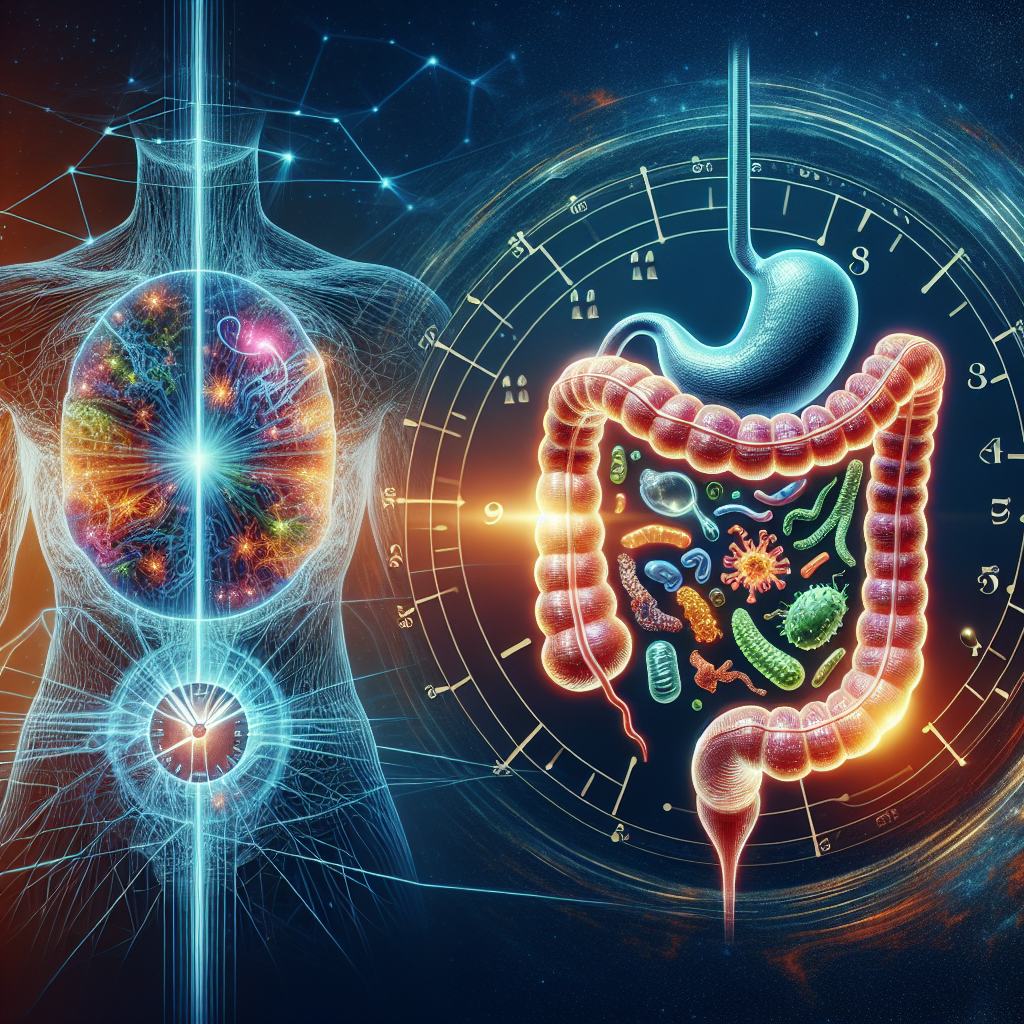Targeting Digestive Inflammation: Precision Nutrition for Gut Healing
Introduction
Digestive inflammation is a primary driver of many chronic gut-related conditions, including irritable bowel syndrome (IBS), Crohn’s disease, and ulcerative colitis. When the digestive system becomes inflamed, the gut lining weakens, allowing harmful substances to enter the bloodstream and trigger immune system reactions. This inflammatory response can result in abdominal pain, bloating, diarrhea, or constipation, significantly affecting overall health and well-being.
Traditional medical treatments often rely on pharmaceuticals such as anti-inflammatory drugs, steroids, and antibiotics. However, emerging research demonstrates that precision nutrition—using targeted dietary and herbal strategies—can help reduce inflammation, repair the gut lining, and restore digestive balance naturally. Precision nutrition focuses on tailoring a diet based on an individual’s unique gut microbiome, identifying inflammation-inducing food triggers, and incorporating healing compounds from herbs and plant-based sources.
The human gut microbiome, a complex community of trillions of microbes, plays a crucial role in inflammation regulation. When beneficial gut bacteria thrive, they promote the production of short-chain fatty acids (SCFAs), which protect the intestinal lining and reduce inflammation. However, a diet rich in processed foods, sugar, and unhealthy fats can lead to dysbiosis—an imbalance of gut bacteria—resulting in chronic inflammation and weakened gut function. By incorporating specific anti-inflammatory foods, probiotics, and herbal supplements, individuals can actively support their digestive health and minimize inflammation-related symptoms.
Scientific Evidence: How Precision Nutrition Supports Gut Health
The Science Behind Nutrition and Digestive Inflammation
Research increasingly supports the use of targeted nutritional interventions in managing gut inflammation. A 2020 study published in Frontiers in Immunology highlighted the role of nutrition in modulating inflammatory responses within the gut. This study found that plant-based fibers and polyphenols foster a more balanced gut microbiome, leading to lower levels of pro-inflammatory cytokines ([1](https://www.frontiersin.org/articles/10.3389/fimmu.2020.570622/full)).
One of the most well-documented natural compounds for reducing digestive inflammation is curcumin, the active component in turmeric. A meta-analysis published in Alternative Therapies in Health and Medicine reviewed multiple clinical trials and found that curcumin effectively reduced symptoms of inflammatory bowel diseases (IBD) by suppressing NF-κB, a key inflammatory pathway in the gut ([2](https://pubmed.ncbi.nlm.nih.gov/32167816/)).
Another important finding comes from a 2021 study in Nutrients, which demonstrated that prebiotic fibers, such as inulin and resistant starch, enhance the production of anti-inflammatory SCFAs like butyrate. These SCFAs nourish the gut lining, prevent leaky gut syndrome, and reduce the risk of chronic inflammation ([3](https://www.mdpi.com/2072-6643/13/3/899)).
Moreover, the role of specific herbal remedies in gut healing is gaining attention. Licorice root, a traditional gastrointestinal remedy, has been shown in clinical studies to help with mucosal protection by increasing mucus production and reducing hydrochloric acid damage in the stomach. A study published in Phytotherapy Research revealed that deglycyrrhizinated licorice (DGL) significantly improved symptoms in patients with gastric ulcers and GERD, further supporting its efficacy in reducing digestive tract inflammation ([4](https://pubmed.ncbi.nlm.nih.gov/30680596/)).
Slippery elm and marshmallow root, two mucilaginous herbs, provide a protective coating along the gastrointestinal tract, soothing irritation and promoting tissue regeneration. A small clinical trial found that patients with IBS reported symptom relief after consuming a combination of these herbs as part of a dietary intervention for gut inflammation ([5](https://pubmed.ncbi.nlm.nih.gov/19906705/)).
Essential Anti-Inflammatory Nutrients for Gut Healing
Top Foods and Herbs to Reduce Inflammation
1. Curcumin (Turmeric) – A powerful anti-inflammatory compound that helps regulate gut inflammation and supports microbiome balance.
2. Ginger – Contains bioactive compounds that enhance digestion while reducing oxidative stress in the gut.
3. Polyphenols (Berries, Green Tea, Olive Oil) – These plant compounds support beneficial bacteria growth and decrease inflammation.
4. Fermented Foods (Kimchi, Sauerkraut, Kefir) – Rich in probiotics that restore gut microbiome balance.
5. Prebiotic Fibers (Garlic, Leeks, Artichokes) – Promote the production of SCFAs, which protect intestinal health.
6. Slippery Elm & Marshmallow Root – Act as natural demulcents to soothe a damaged digestive lining.
7. Licorice Root (DGL Form) – Enhances mucosal protection and reduces acid-related inflammation in the gut.
Incorporating these foods and herbal supplements into your daily diet can make a significant impact on gut health. Each one works synergistically to repair the digestive lining, balance the microbiome, and alleviate symptoms associated with inflammatory gut conditions.
Making Precision Nutrition Work for You
How to Personalize Your Gut Health Strategy
Since every individual’s gut microbiome is unique, precision nutrition emphasizes tailored dietary strategies. Here’s how you can create a customized approach to reducing digestive inflammation:
– Identify Trigger Foods: Keep a food journal to pinpoint which foods exacerbate bloating, pain, or irregular digestion.
– Focus on Whole, Unprocessed Foods: Reduce your intake of processed sugars, artificial additives, and unhealthy fats.
– Incorporate Anti-Inflammatory Nutrients: Make curcumin, ginger, fiber-rich foods, and probiotics part of your daily meals.
– Try Herbal Remedies: Use herbal teas or supplements containing licorice root, slippery elm, or marshmallow root for gut support.
– Optimize Your Gut Microbiome: Rotate different sources of prebiotic and probiotic foods to cultivate a diverse and balanced microbiome.
By following these steps, you can develop a personalized nutrition plan that aligns with your body’s needs, promoting gut healing and overall wellness.
Conclusion
Digestive inflammation is a widespread issue that can impact health at multiple levels. While conventional treatments focus on pharmaceutical solutions, precision nutrition approaches offer a natural and scientifically validated way to heal the gut. Research highlights the importance of incorporating anti-inflammatory foods, prebiotics, and herbal remedies such as turmeric, ginger, slippery elm, and licorice root to reduce gut inflammation and promote long-term wellness.
By adopting a precision nutrition plan tailored to individual gut health needs, individuals can support their digestive system, rebuild a robust microbiome, and experience symptom relief in conditions such as IBS, IBD, and leaky gut syndrome. The future of gut health lies within a combination of dietary strategies and plant-based interventions that work with the body’s natural healing mechanisms. Making intentional nutritional choices today can pave the way for long-term digestive harmony and improved overall well-being.
**Summary:** Precision nutrition, which focuses on tailoring a diet based on an individual’s unique gut microbiome and incorporating anti-inflammatory foods, probiotics, and herbal remedies, can effectively reduce digestive inflammation and support gut healing. By adopting a personalized approach, individuals can alleviate symptoms associated with conditions like IBS, Crohn’s disease, and ulcerative colitis, and promote long-term digestive and overall health.

Dominic E. is a passionate filmmaker navigating the exciting intersection of art and science. By day, he delves into the complexities of the human body as a full-time medical writer, meticulously translating intricate medical concepts into accessible and engaging narratives. By night, he explores the boundless realm of cinematic storytelling, crafting narratives that evoke emotion and challenge perspectives.
Film Student and Full-time Medical Writer for ContentVendor.com




